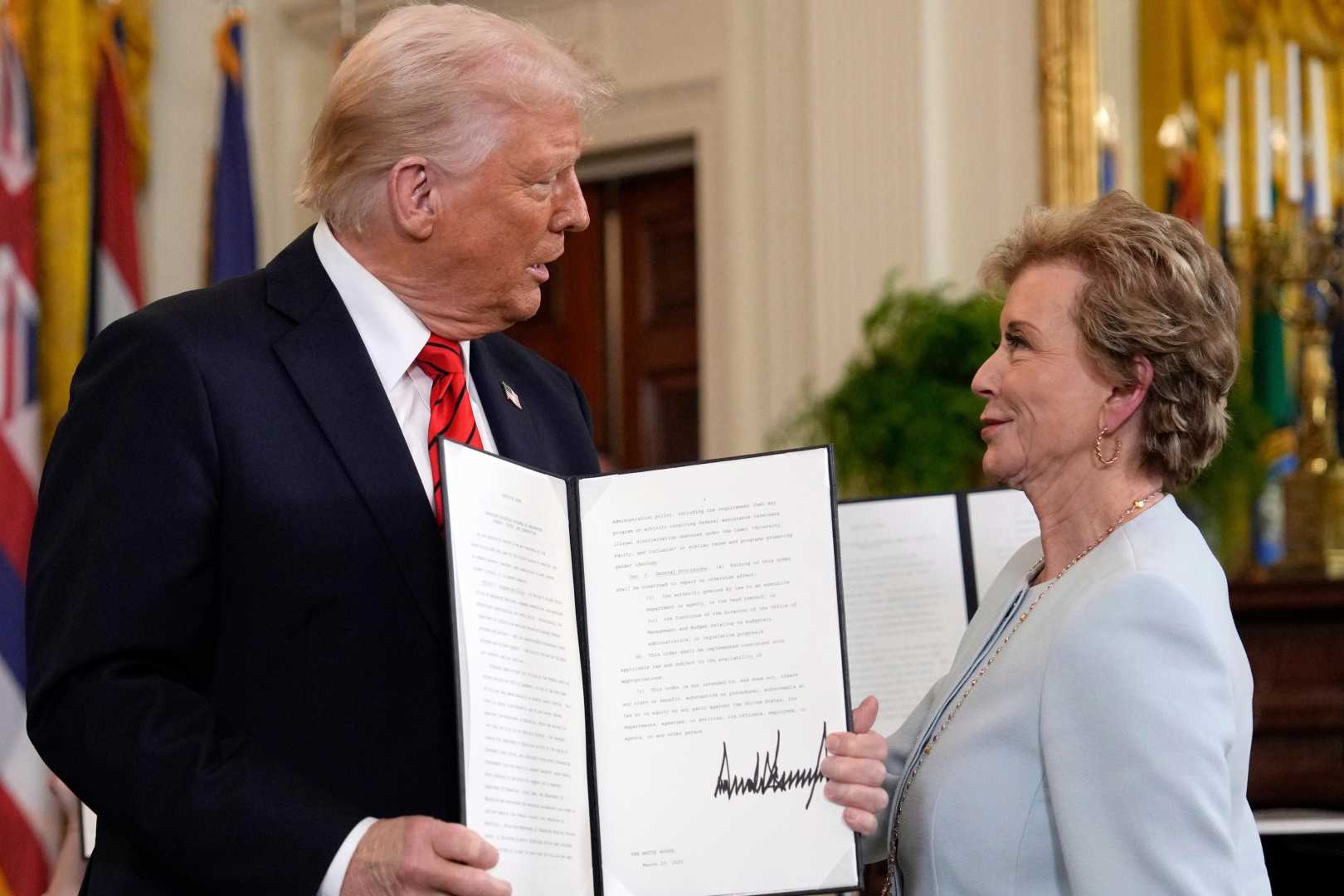News
Trump Administration Withholds Billions in K-12 Education Funds

Washington, D.C. — States and territories are facing a significant funding crisis as the Trump administration withholds nearly $7 billion in federal K-12 education funds. These funds, which were authorized by Congress earlier this year, were expected to be disbursed starting July 1, 2025.
The decision to freeze these funds, known as impoundment, jeopardizes vital programs such as summer schooling and after-school initiatives. This poses a major risk for millions of students, particularly those who are migrant workers or English language learners.
A continuing resolution signed by President Trump in March includes approximately $45 billion aimed at assisting the nation’s underserved students. State educational agencies typically rely on allocation tables from the U.S. Department of Education (ED) to plan and budget for the upcoming school year. However, as of July 1, those tables have not been delivered, leaving states in uncertainty.
On June 30, states received notification from the ED stating that “[decisions] have not yet been made concerning submissions and awards for this upcoming academic year.” This lack of clarity disrupts planning for essential services that these students require.
The withheld funds include substantial amounts across multiple programs: $890 million for English learners, $375 million for children of migrant workers, $2.2 billion for teacher training, $1.4 billion for before- and after-school programs, and $1.3 billion for academic enrichment. Education advocacy groups and various states have expressed outrage over this withholding, labeling it as an illegal act of impoundment.
Democratic lawmakers are pushing the administration to release the funds, arguing that the delay is unjust and harmful to students. Meanwhile, the Office of Management and Budget claims the administration is conducting a review of these grant programs, asserting misuse but failing to provide evidence for those claims.
California’s education officials remarked that the withholding of these funds disregards the pressing funding needs of school districts. California Superintendent Tony Thurmond emphasized the need for legal action against what he deems unlawful withholding of appropriated funds.
As local districts face the impacts of this funding delay, state officials worry about being unable to hire necessary staff or provide crucial educational services. U.S. Sen. Patty Murray has highlighted that this holdup has forced delays that could critically disrupt students’ education. Institutions that rely on these funds for critical programs may soon face cuts, which could impact thousands of students across the nation.
The Government Accountability Office (GAO) has been alerted and can potentially investigate the implications of this funding freeze. There are fears that if these funds do not become available soon, states might be forced to replace federal funding with their own, leading to deeper educational challenges.
While some hope that the administration may eventually resolve these issues, many states are finding it necessary to prepare for a potentially extended timeline regarding the release of these critical funds.












